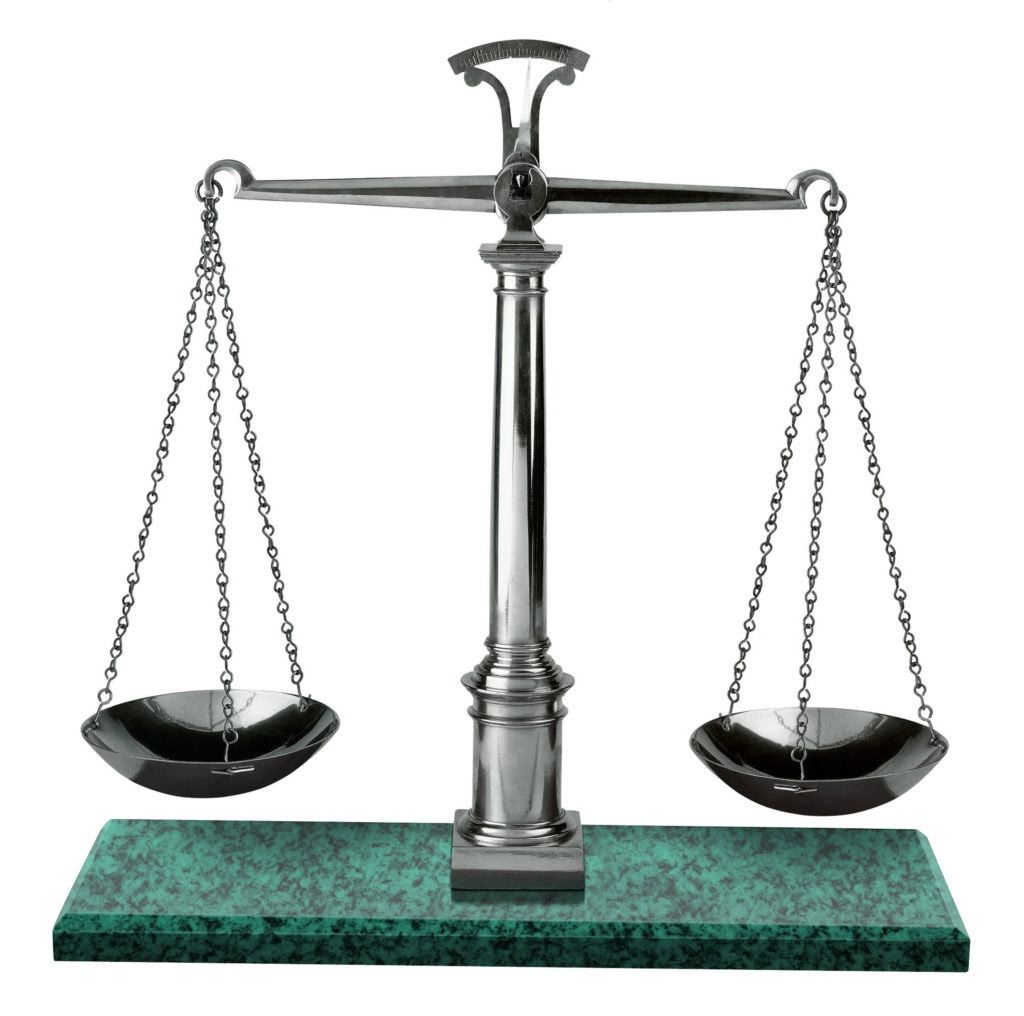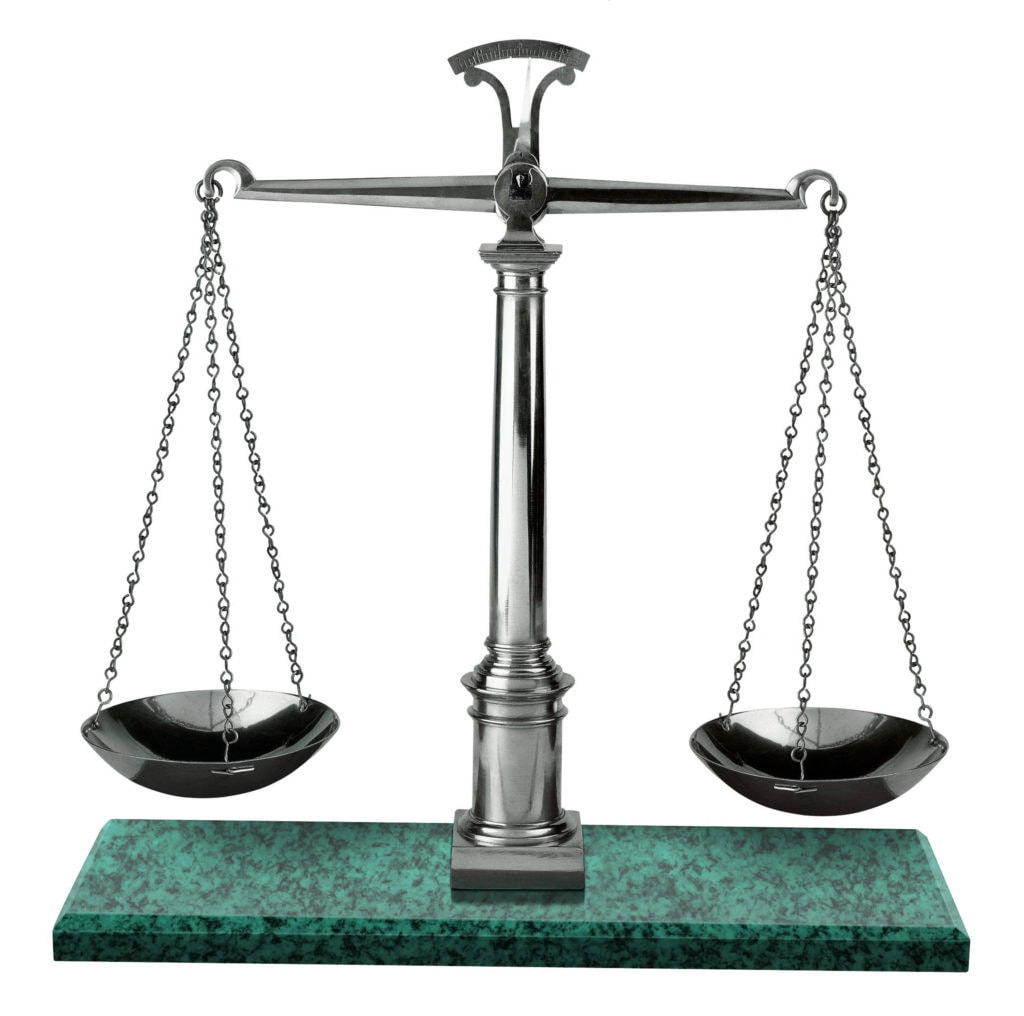What is the Difference Between Criminal Offences and Provincial Regulatory Offences?

What are Criminal Offences?

In the Canadian legal system, there are offences legislated under the Criminal Code of Canada and offences legislated under the Provincial Offences Act or other Provincial Statutes.
This difference can be confusing for the accused as the word “offence” applies to both. These offences carry respective consequences for the accused upon conviction.
What Are Criminal Code Offences?
Criminal Offences are set out under the Criminal Code of Canada, enacted by the Federal Parliament. Generally, these offences are more serious and result in more severe consequences upon conviction.
The aim of Criminal Code offences is to curb criminal activities in Canadian society by acting as a punitive threat. Typically, a conviction under the Criminal Code results in a criminal record.
Examples of such offences include those under regulations such as The Controlled Drug and Substances Act and The Firearms and Other Weapons Act. These offences are generally resolved through Criminal Court proceedings.
It’s worth noting that while such offences can sometimes be settled through pre-trial proceedings like Crown Pre-Trials or Judicial Pre-Trials, the accused or a representative must still appear in court.
The resolutions for these offences often necessitate a full criminal trial proceeding.
What are Provincial Regulatory Offences?
Provincial Offences are governed by the Provincial Offences Act and include a multitude of statutes enacted by the Provincial Legislature through regulations authorized by Provincial Legislative Acts and municipal by-laws. In Ontario, the Provincial Offences Act specifically aims to regulate the day-to-day lives of all people living in Ontario.
A conviction of a Provincial Statute will not appear on the defendant’s Criminal Record. Examples of Provincial Regulatory offences include violations under the Highway Traffic Act, The Fish and Wildlife Conservation Act, The Liquor Licence Act, and The Occupational Health and Safety Act. While these offences are considered less serious and regulatory in nature, they can still carry serious consequences upon conviction, such as a suspended driver’s license.
The Provincial Offences Act consists of three parts. The first and second parts pertain to minor offences and parking infractions initiated by an officer certificate of offence, typically a ticket. Usually, resolution of these offences comes in the form of fines detailed on the ticket. However, individuals have the right to either pay the fine or request a hearing in front of a Justice of the Peace to discuss the issue.
The third part of the Act details the procedures for offences that are serious enough to warrant a court appearance but not serious enough to be included in the Criminal Code.
Are Provincial Regulatory Offences Serious?
Charges under either the Provincial Offences Act (POA) or the Criminal Code can be serious as both can carry negative consequences for the accused.
If you are charged with an offence under either the Provincial Offences Act or the Criminal Code, it is advisable to consult with a lawyer. Lawyers, such as Toronto Defence Lawyers, can assist you in determining the best way to resolve your charges.

Jonathan Pyzer, B.A., L.L.B., is an experienced criminal defence lawyer and distinguished alumnus of McGill University and the University of Western Ontario. As the founder of Pyzer Criminal Lawyers, he brings over two decades of experience to his practice, having successfully represented hundreds of clients facing criminal charges throughout Toronto.





